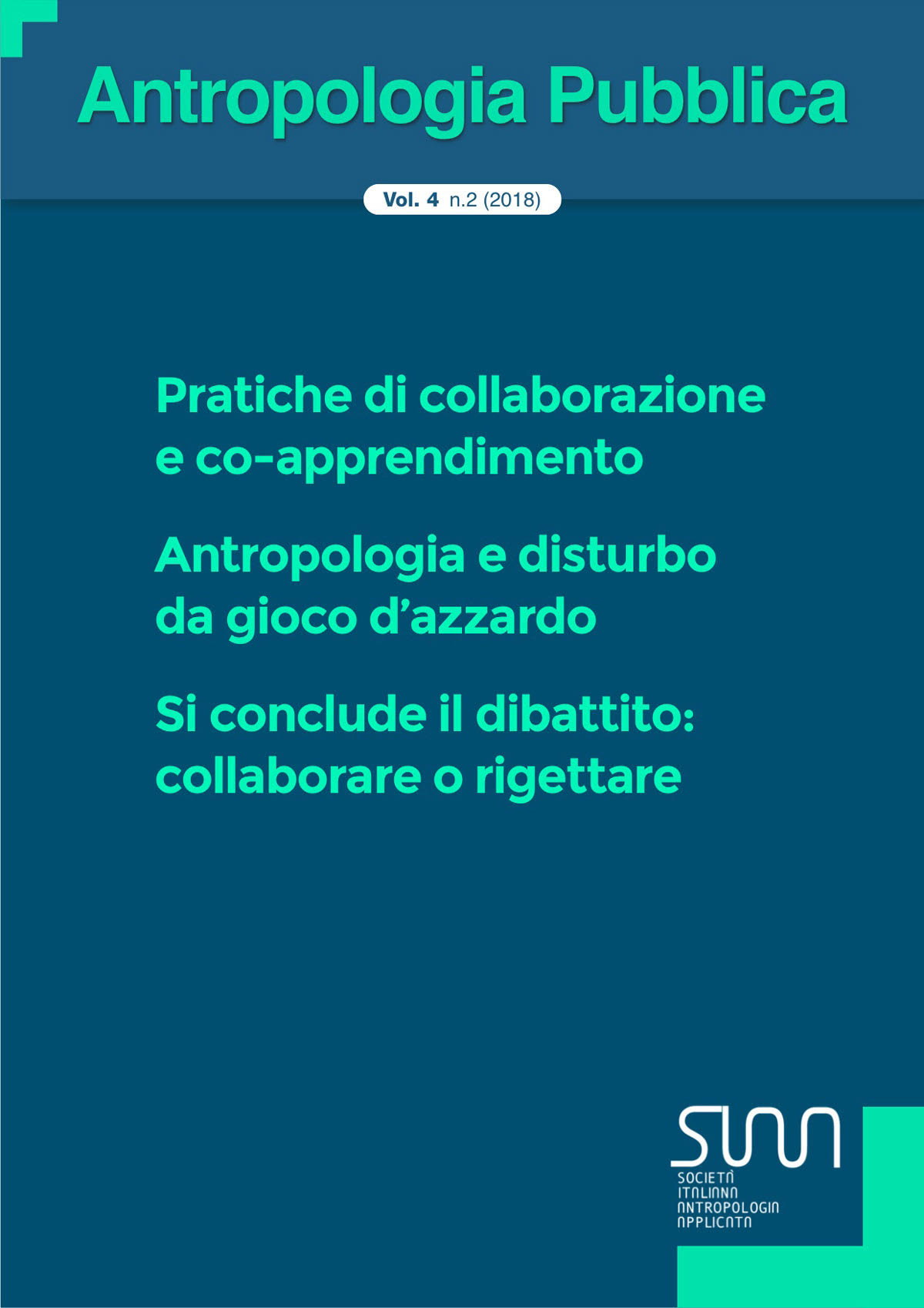Migrantour – Intercultural Urban Routes
Un progetto di antropologia applicata tra migrazioni, turismo e patrimonio culturale
DOI:
https://doi.org/10.1473/anpub.v4i2.140Parole chiave:
Antropologia applicata; turismo; migrazioni; patrimonio; cittàAbstract
Cultural diversity related to global migration is a key element of tourism attractiveness through which many cities have managed to transform their multi-ethnic neighborhoods into places of leisure and consumption. This kind of urban tourism has often been portrayed in negative terms: many authors underline how the process of gentrification excludes migrants from the economic and social benefits brought by tourism, while at the same time the reification of ethnic differences represents their cultural heritage in an exotic and over-simplistic way. Going beyond the interpretative level and embracing an applicative perspective, could anthropologists play a significant role in making the encounter between tourists and migrants within the cities less problematic? I will try to answer this question through a critical analysis of the Migrantour project, a European network of 16 cities since 2009 which has developed an innovative kind of “intercultural urban walking tour” designed and led by first and second-generation migrants. Therefore, responsible tourism is assumed as an ethical approach to envision a collaborative way to valorize the contribution that generations of migrants have made to the history of European cities. My research has been conducted by an engaged point of view, because of my role as scientific coordinator of the project, together with an interdisciplinary team which includes professionals of the tourism sector, members of NGOs and other anthropologists.



